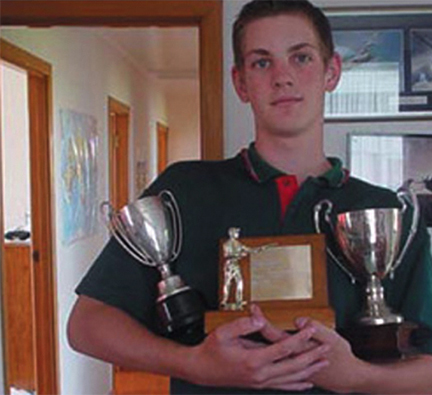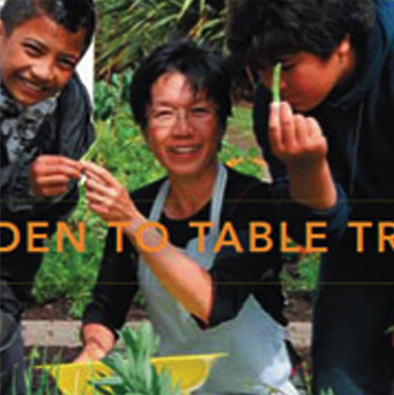Hobsonville teenager James Rastrick is on his way to the Junior Clay Target World Championships in Melbourne this November with the help of his $3,000.00 Mazda Foundation grant.
Dennis Rastrick, James’ grandfather who applied for the grant, says James’ father has personally funded most of his son’s involvement in clay target shooting, describing it as an investment in James’ personal growth and advancement in the sport with support from him.
James has only been shooting competitively since September 2008 but has progressed quickly from a C Grade to an A Grade and is now on the verge of an AA Grade – the highest possible grading which no junior currently has. He is currently part of the New Zealand Junior Development Squad.
Clay target shooting is one of the fastest growing gun sports, both internationally and here in New Zealand, where there are over 80 clubs. As well as improving gun handling skills, the sport also provides shooters with a variety of challenges designed to simulate real hunting conditions. Participants shoot at clay targets which fly in a number of directions and at different heights from automated traps.
The 31st World FITASC Sporting Clay Target Championships will be held in Warrnambool, Victoria, Australia from 19-22 November.










